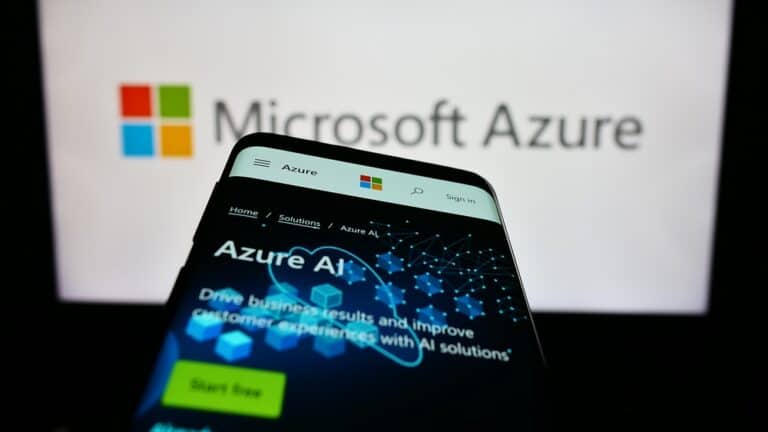Azure AI Foundry, Microsoft’s AI development platform, is now generally available. The updated platform offers improvements for model selection, customization, and monitoring.
The update is an important expansion for developers working with AI applications. Many companies are pursuing multi-model AI strategies, making rapid development and deployment essential. Azure AI Foundry brings everything together behind a single portal, SDK, and REST endpoint, allowing developers to deploy directly to the cloud or edge.
The release adds xAI’s Grok models, including the flagship Grok 3 and Grok 3 mini models. This gives developers access to more than 1,900 Foundry models.
Improved model selection and fine-tuning
A model leaderboard has been added that ranks models by quality, cost, and throughput to simplify model selection. A smart model router automatically selects the best model for each request based on latency and budget requirements. In tests, Microsoft saw up to 60 percent cost savings when using the model router compared to using GPT-4.1 directly, with comparable accuracy.
For offline or privacy-sensitive workloads, Foundry Local offers the ability to run more than 30 edge-optimized models and agents directly on Windows or macOS. Developers can now also fine-tune GPT4.1nano, o4mini, and Llama 4 in Foundry Models, with reinforcement fine-tuning for advanced reasoning tasks. A new low-cost Developer Tier eliminates hosting costs during experimentation.
Agent development and content tools
The Foundry Agent Service is now generally available, enabling developers to host and orchestrate a single agent or a group of agents via the Agent-to-Agent (A2A) protocol. The service simplifies agent development by seamlessly integrating data sources such as Microsoft Bing, Microsoft SharePoint, Azure AI Search, and Microsoft Fabric.
Action tools such as Azure Logic Apps and Azure Functions are supported for task automation. Behind the scenes, Semantic Kernel and AutoGen merge into a single unified SDK, providing a single, composable API for defining, chaining, and deploying agents, both locally and in the cloud.
Tip: Microsoft prepares Azure AI Foundry for integration with Grok AI
